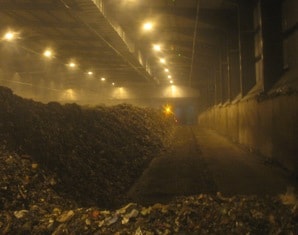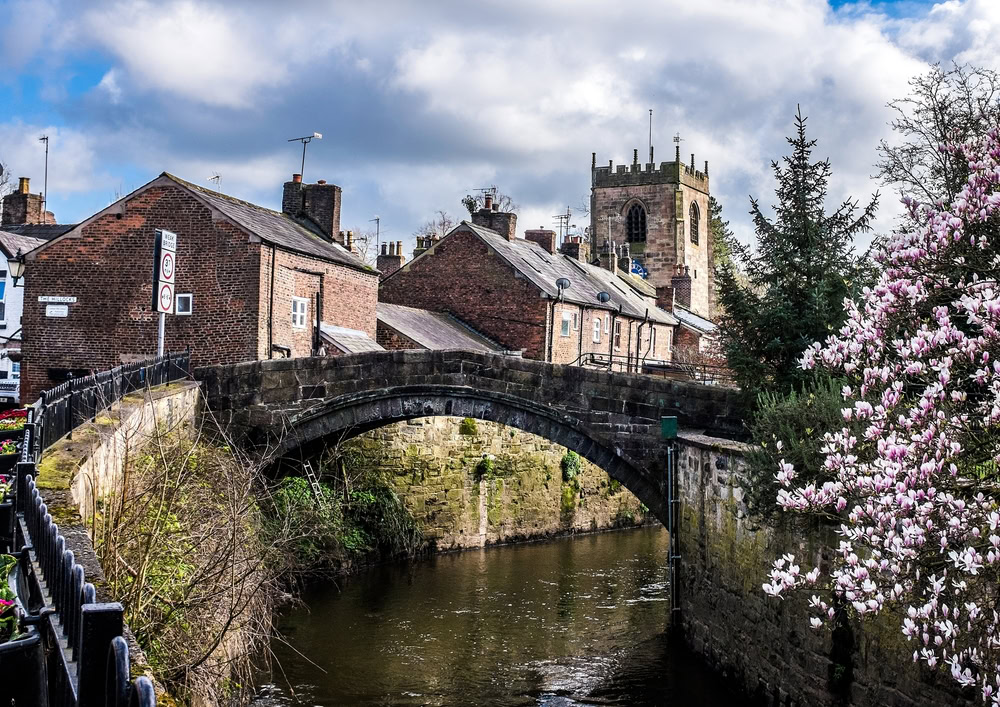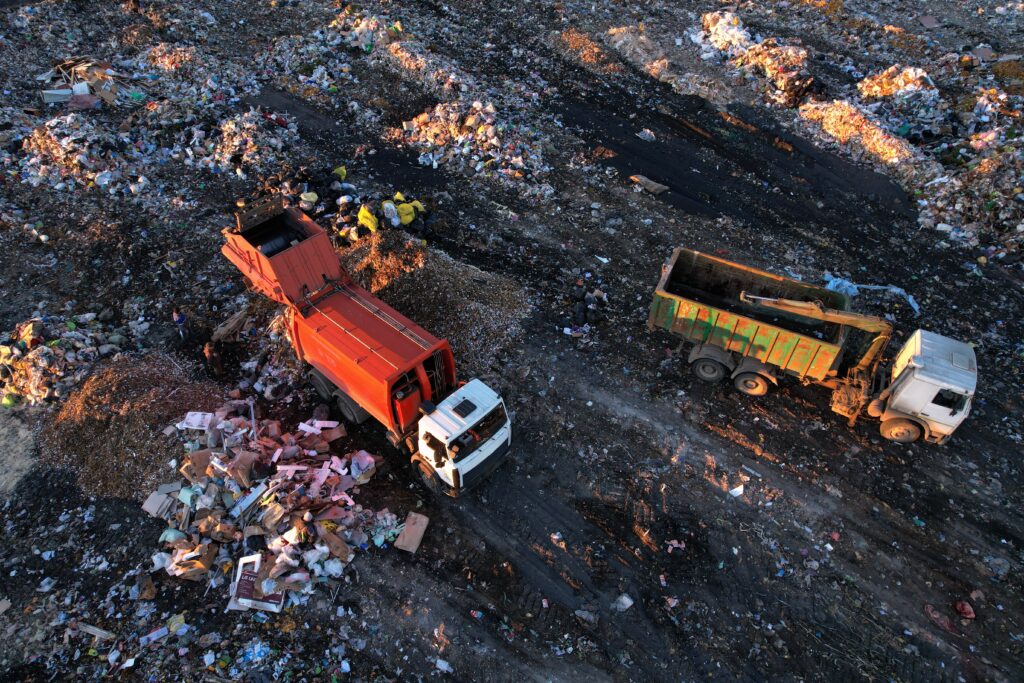German-based waste consultancy ecoprog has published a study entitled The European MBT market which analyses political, economic, managerial and technological trends in the European market for mechanical biological treatment (MBT) technology.

It says that around 80 new MBT plants were commissioned in Europe over the past three years and forecasts that the intstalled MBT treatment capacity across the continent will increase to 46 million tonnes-a-year by 2016.
Mechanical biological treatment (MBT) plants involve the mechanical sorting of waste and biological stabilisation to produce a refuse-derived fuel or compost-like output that can be landfilled according to the specifications of the EU Landfill Directive. MBT technology was primarily developed as an alternative to waste incineration.
According to the ecoprog, there are currently about 330 operational mechanical biological treatment plants throughout Europe. They have the capacity to treat about 34 million tons of municipal waste annually. Since 2009, at least 25 MBT plants have been newly commissioned per year in Europe which the study claims is more than ever before.
Demand
The consultancy says: About five years ago, the future did not seem to be that bright for the MBT industry: many of the newly constructed MBT plants experienced technological problems, especially the ones in Germany. Some locations, like Buchen or Heilbronn, even had to shut down a few months after their commissionings. Acceptance of MBT plants decreased rapidly. In 2006, only 12 plants went operational throughout Europe. Instead, waste incineration was booming and became the dominant waste treatment technology.
By now, however, the demand for MBT plants is higher than ever before. Many teething problems have been solved. Furthermore, the MBT industry still benefits from the EU Landfill Directive as it has not been implemented sufficiently in many European countries yet.
Related Links
In some countries, like France or Spain, ecoprog notes that MBT plants primarily get a chance because there are many concerns about waste incineration. In other states, like Great Britain, it claims they benefit from the considerably increasing demand for refuse-derived fuels (RDFs). The amount of RDF that is being incinerated as a substitute of primary energy carriers is growing in cement mills, coal-fired power plants or RDF power plants especially constructed for this purpose, it says.
The consultancy estimates that the number of MBT plants in Europe will increase to about 450 and the plant capacities to rise from currently 34 million annual tons to 46 million tons by 2016.







Subscribe for free